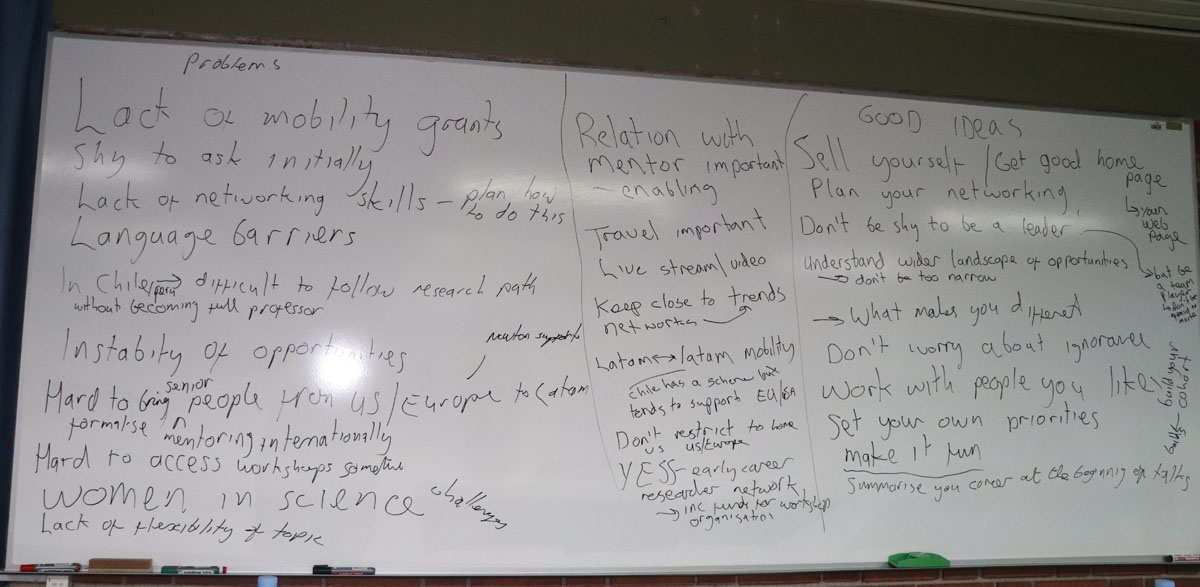
Plant dynamics and Climate Change in the Andes
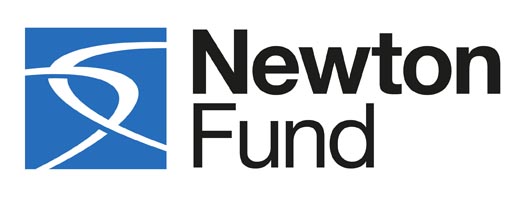
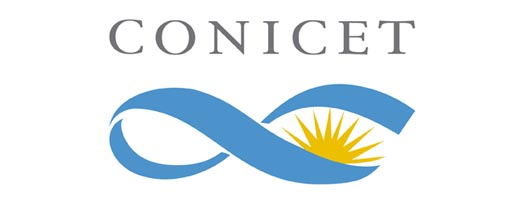
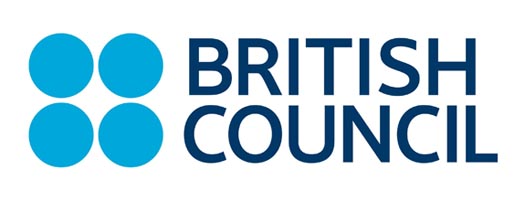
Newton Fund Workshop:
Career Development Session
- Promoting your own work is important developing a good homepage / internet presence is critically important- make it easy for people to discover your expertise
- Collaboration is critically important especially in topics like biodiversity /ecosystem science. The challenges are global and collaborative work can greatly enhance impact
- At the same time - think about your niche. Identifying areas where you can make a distinctive contribution can give a competitive advantage to your career
- Have confidence to take on leadership roles at early career stages. But always keep in mind the importance of being a team player. And dont be afraid to invite senior researchers to collaborate with you.
- Dont be afraid to ask questions often discussions which are hard to follow is because there is a genuine lack of clarity and understanding. Getting plain-terms explanation of issues benefits everyone.
- When writing papers it is important to think in advance about which type of papers have the biggest impact. All papers take time to write so prioritisation is important. Take the time to think about what papers in your field have the biggest impact.
- Make an effort to keep in touch with the latest trends and opportunities. Understand the landscape of opportunities dont be too narrow in your thinking. Following an emerging opportunity can sometimes lead to greater success than determinedly sticking to a previous idea.
- When you are clear about direction, make a plan about how to maximise the impact of your work and set priorities accordingly (and it can be very helpful to discuss how to do this with senior researchers / mentors).
- Relationships with mentors are very important. Senior researchers should recognise the importance of this role and invest in supporting early career researchers. Often one-to-one discussions, and carefully targeted advice can be extremely influential and provide a long term benefit to a particular field of work / scientific community. They can be extremely rewarding to mentors who will learn a lot from early career researchers who often have direct experience of emerging technologies.
- Work with people you like! Make it fun. Building friendships is important in research.
- Summarising your career at the beginning of a talk is helpful it helps people realise who you are, and also shares ideas and experiences about the many ways success can be attained.
- YESS is a good model for early career researchers which includes funds for network development
- Mobility grants are important international sharing of expertise critical for career development
- Bringing experienced researchers from Europe/North America etc to LATAM labs, to spend time sharing experience/expertise developing ideas is extremely useful (e.g. one month placement for senior researcher). Increasing the frequency of which this happens could have a big impact. Considering the practicalities of this are important, and host countries can help by providing information on good accessible local schooling opportunities to prevent family commitments precluding progress.
- Further opportunities for researcher mobility among LATAM countries would help develop regional capacity especially for big science challenges that have a major regional focus (e.g. the Andes). Increasing opportunities here would make a big impact
- Funding (and even awareness that it is happening) can be a limiting factor of attending international workshops. Live streaming workshops / recording sessions could have a big impact for low cost.
- Attending conferences can be intimidatingand knowing how to approach senior researchers is initself a skill. Thinking in advance about how to deal with this is important, as is training in networking skills.
- Language barriers can also make networking difficult
- Undertaking research about the work of a key individual in advance of a meeting can be useful, as well as sending emails asking to meet to discuss a particular topic
- Gaining access to international experience / proximity to the cutting edge, research skills
- Economic instability leading to unpredictability of funding opportunities is problematic.
- Directed research themes can reduce opportunities for flexibility and creativity
- Career development for female scientists is challenging especially when it involves balancing career plans with family commitments. Initiatives in the UK such as Athena Swan (which involves institutional plans for promoting gender equality- www.ecu.ac.uk), and Daphne Jackson fellowships (which provide support for individual scientists return to work after a career break www.daphnejackson.org) are good models.
- In Chile it is difficult to follow a research path from post-doc stage without becoming a full professor
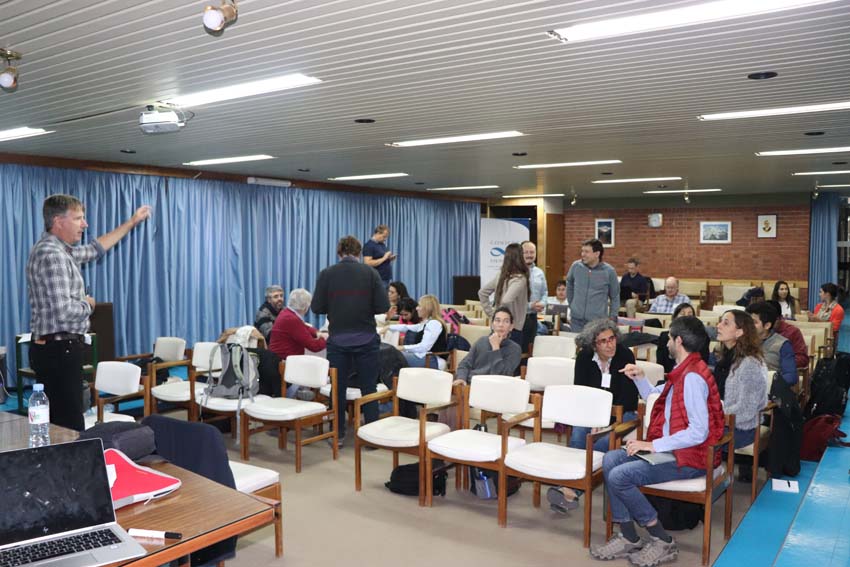
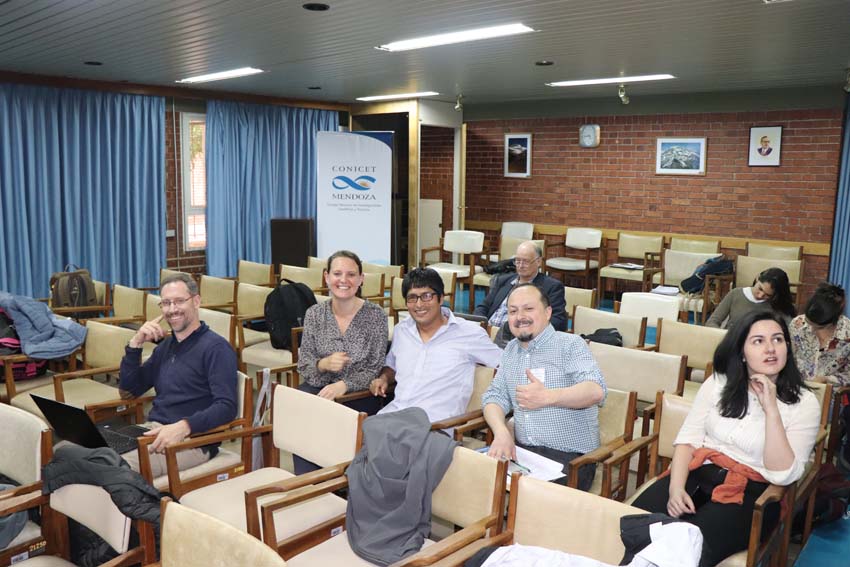
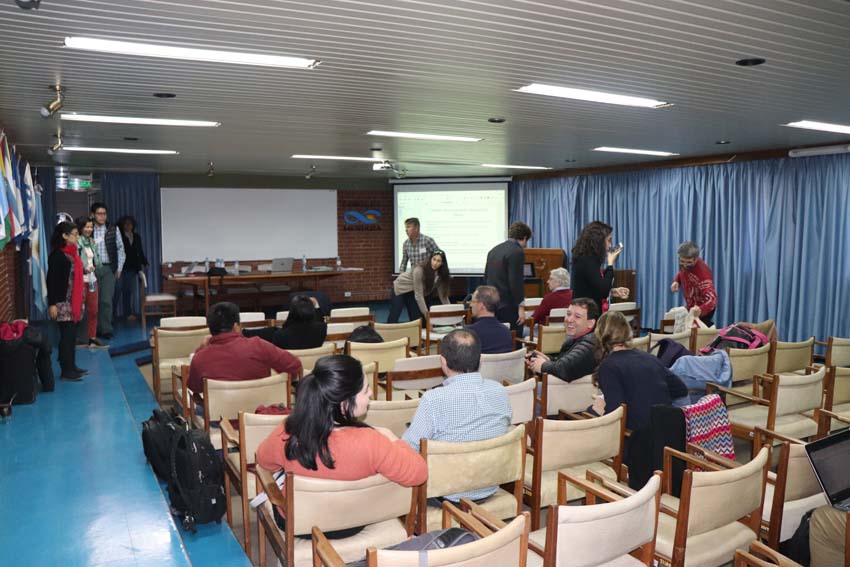
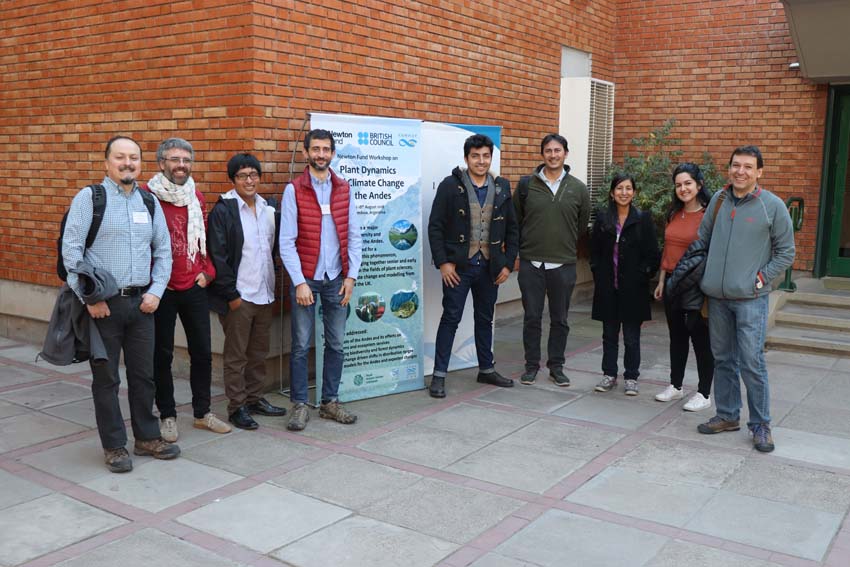
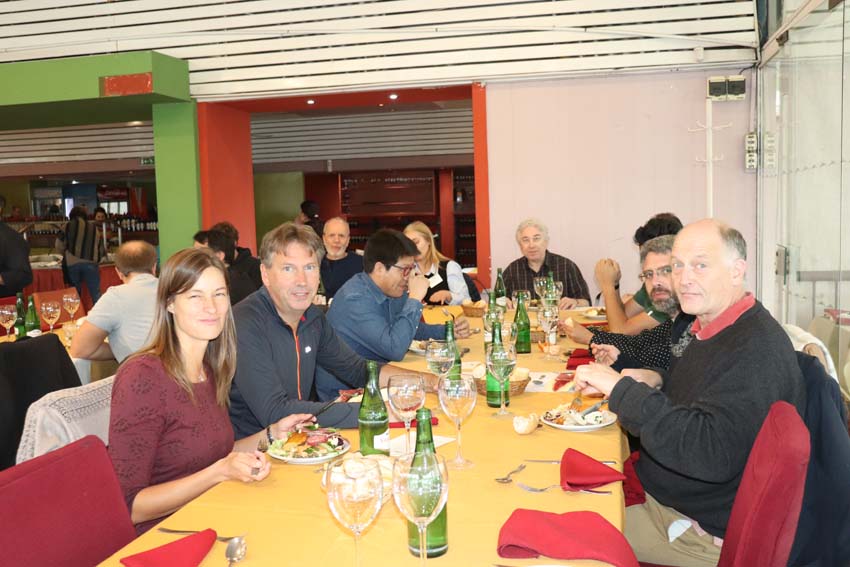
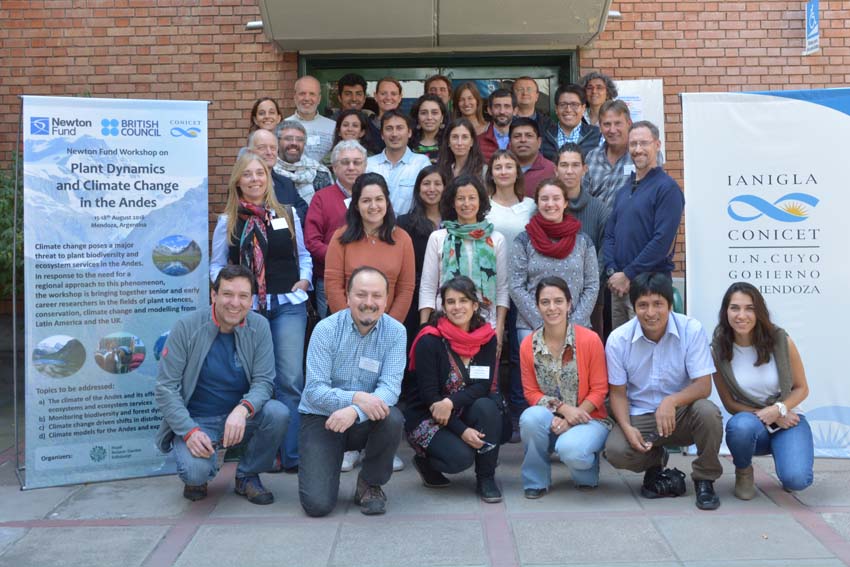
Early Career Researchers
Selene Báez
Julieta Carilla
Eugenia Ferrero
Paul Henry Gonzáles Arce
Zoe Goodwin
Agustina Malizia
Martín Leyva Molina
Edilson Jimmy Requena
Francesca Smith
Rocío Urrutia Jalaberts
